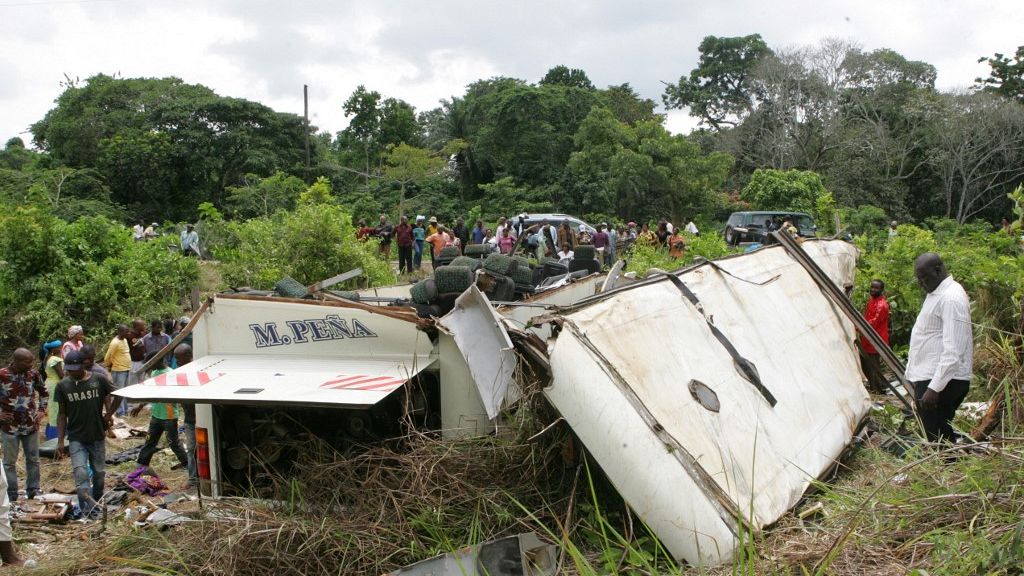Poor condition of vehicles
Vehicles traveling on degraded roads gradually wear out while increasing the degree of degradation of these roads. One of the characteristics of the Cameroonian landscape is the presence of old vehicles which at first glance one could say can no longer be driven or that they can no longer be useful but which travel hundreds of kilometres every day and at high speed for some on certain roads which require even more effort due to their state of disrepair. And it should come as no surprise that those who drive this type of vehicle do not undergo technical inspections. They carry out their activity by providing a paid service to Cameroonians and even to the Cameroonian State since most of them have the required parts although they often travel without headlights, without rear-view mirrors, without seat belts, without front indicators and/or rear, but with an engine that allows you to do the work you need to do and collect the money you need to satisfy yourself and respond favourably to police harassment, the abuses of which have even been denounced by the corporatist solidarity of these clandestine transporters.
Since the poor condition of vehicles is a problem, we wonder why old vehicles are circulating on our streets and road networks? The reason is simple. Cameroonians are giving themselves the means to seek their means of subsistence in a context of precariousness where they have to work despite everything. It is certainly not the public authorities who are unaware of this. In addition, the African continent is a dumping ground for old vehicles and everyone knows it. Indeed, “outdated with regard to the environmental or safety standards in force in the OECD countries (organization for economic cooperation and development), [old vehicles] find a last outlet in the poorest countries, where only a privileged minority can access a new car and import regulations are undemanding if not non-existent. » (le monde.fr -2020)
It is therefore normal that the project to implement a scrappage bonus has fallen into disuse. Indeed, with roads deteriorating faster than normal due to the pressure of overloaded vehicles and other imported vehicles that are considered out of date from the outside, we are not sure of leaving the hostel since with degraded roads, the acceleration of the aging of these vehicles as well as that of streets and roads is certain.
The road is a means of communication that has never killed anyone. It is human failures that are at the root of these multiple traffic accidents on roads that are mostly more or less paved on the one hand, and mostly landlocked on the other. Users must therefore exercise great caution and, above all, responsibility on roads where, in addition to being responsible for themselves, they also have the responsibility to do their best not to cause the death of their fellow human beings since any wrong move is likely to have a negative impact on others.
Men certainly needs quality infrastructure but he himself must behave honestly in what he does and above all no longer take unnecessary risks on roads where there will certainly always be accidents but where the extent of the damage and even the improvement of the positive margin depends on each citizen, each user both on the roads and in administrations where certain individuals maintain indecent activities which further harden this long fight against road accidents.
English|French

